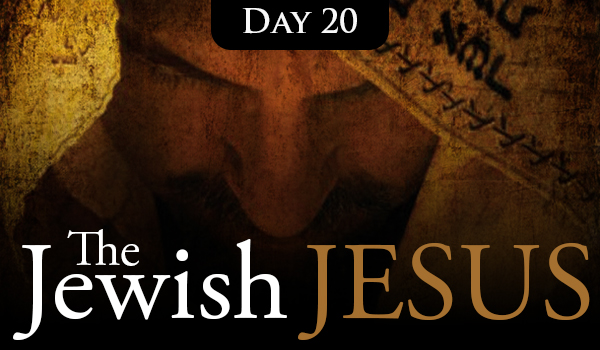
Do your best to present yourself to God as one approved, a worker who does not need to be ashamed and who correctly handles the word of truth.
2 Timothy 2:15
In order to “correctly handle” God’s Word, we need extra knowledge beyond it. This includes tools like study Bibles with footnotes, exhaustive concordances, Hebrew and Greek dictionaries, and commentaries. So, as we pursue a deeper understanding of the Jewish aspects of our faith, it’s important to know the meaning of certain terms. Today, let’s look at the different names of groups that were present at the time of Jesus:
Nazirites—a Jewish group dedicated or consecrated to a special service. Specifically, they vowed to avoid wine, to never cut their hair, and to not have any contact with a dead body (Numbers 6:1–21). Samson, Samuel, and John the Baptist were Nazirites.
Zealots—a Jewish group that forcefully stood against Roman rule. Simon the Zealot was one of the Twelve Disciples (Luke 6:12–16).
Pharisees—in Hebrew means “separated ones”. They strictly followed the Law of Moses and Jewish tradition (Matthew 15:2). They believed they were the only ones with the proper authority from God to interpret the law. Paul was formerly a Pharisee (Acts 23:6).
Sadducees—belonged to the priestly line and were usually wealthy and politically minded. They rejected anything past the first five books of today’s Old Testament, as well as the oral traditions. They were often mentioned with the Pharisees due to their common dislike for Jesus (Matthew 16:1–21).
Sanhedrin—the 70-member ruling body or council of the Jewish people. Sadducees and Pharisees were in the Sanhedrin and were against Jesus and His disciples (Matthew 26:59). It was also this group that had Stephen stoned (Acts 7:54–60).
Disciples—we will look at this group in depth on another day. These were committed “learners” or followers of Jesus. John the Baptist also had disciples (Luke 7:18). So did the Pharisees (Matthew 22:15–17).
Apostles—in Greek means “messenger” or “sent one”. Technically, the group we call the Twelve Disciples were actually also twelve apostles (Mark 3:14; Luke 6:13), a higher position for the disciples of Jesus. Other later apostles included Paul (Romans 1:1), Barnabas (Acts 14:14), and James, the brother of Jesus (Galatians 1:19).
Whether or not any of these names come up again in the study, it is still useful for your own personal knowledge. It’s also important that we don’t just skip the words we don’t know or understand.